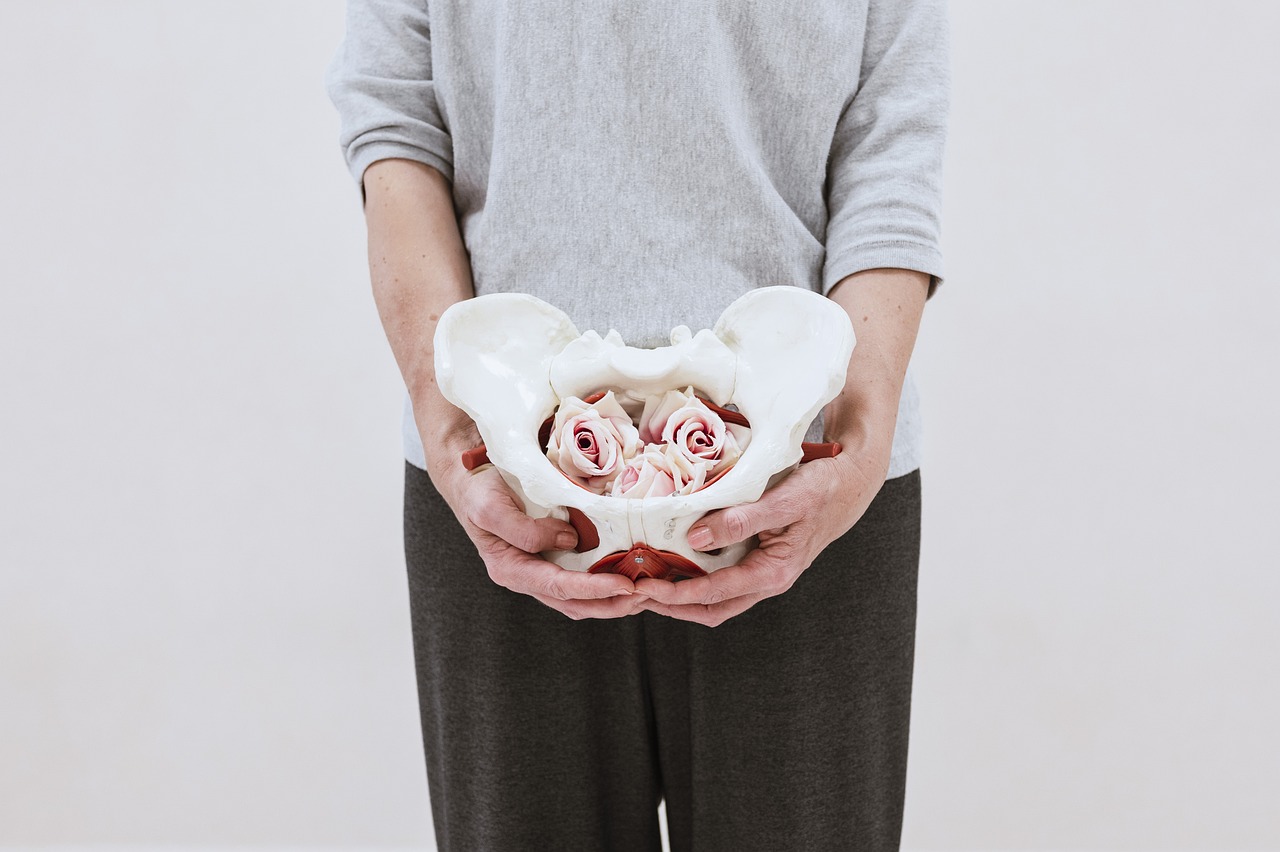Purpose: To address these significant quality of life issues following RP, a random controlled trial was implemented comparing ´usual care´ PFMT to a ´high intensity´ protocol developed from experience in clinical practice . Commencing pre-operatively, and utilising both fast and slow twitch fibre training performed in standing postures , new protocols were developed to address clinical presentations with aims to reduce PPI and ED severity and duration.
Methods: A randomised controlled trial of 97 men undergoing radical prostatectomy (RP) were allocated to either a control group (n=47) performing ‘usual care’ of 3 sets/day PFMT, or an intervention group (n=50), performing 6 sets/day in standing, commencing 5 weeks prior to RP. Participants were assessed pre-operatively and at 2, 6 and 12 weeks post-RP using 24 hour pad weights, IPSS, EPIC-CP, IIEF-5 and real time ultrasound (RTUS) measurements of PFM function.
Results: Following RP, participants in the control group demonstrated a slower return to continence and experienced significantly (p 0.05) more leakage, measured by 24 hour pad weight immediately post-RP compared to the intervention group, indicating the impact of the pre-habilitation protocols. Secondary measures of IPSS, EPIC-CP and RTUS PFM function tests demonstrated improvement over all time points in both groups, with the intervention group displaying consistently lower bothersome scores. For post-RP ED, the intervention PFMT protocol achieved significance (p 0.05) at 2 weeks post-RP in EPIC-CP scores, however IIEF-5 and EPIC-CP scores did not show significance after that time. This indicated our 12 week protocol and sample size was not powerful enough to demonstrate conclusive benefits of early PFMT for ED, however PFMT intervention post-RP over longer times has been supported by others.
Conclusion(s): Utilising a higher intensity PFM exercise intervention protocol commencing 4-6 weeks prior to RP and performed in standing postures, PPI can be reduced in time and severity with less leakage and improved QoL outcomes thereafter. Early PFMT reduces early QoL impact for post-prostatectomy ED, with faster return to continence enabling earlier commencement of penile rehabilitation.
Implications: Men´s Health is a new frontier in physiotherapy and prostate cancer diagnosis is on the rise globally. Strategies for improving quality of life in men following treatment is a pivotal area for future physiotherapy development. PFMT offers a simple and effective treatment option, with the new protocols developed to address clinical presentation. A faster return to continence and sexual function will greatly enhance quality of life in men.
Keywords: Men’s Health, Prostate Cancer, Pelvic Floor muscle training
Funding acknowledgements: Nil funding



